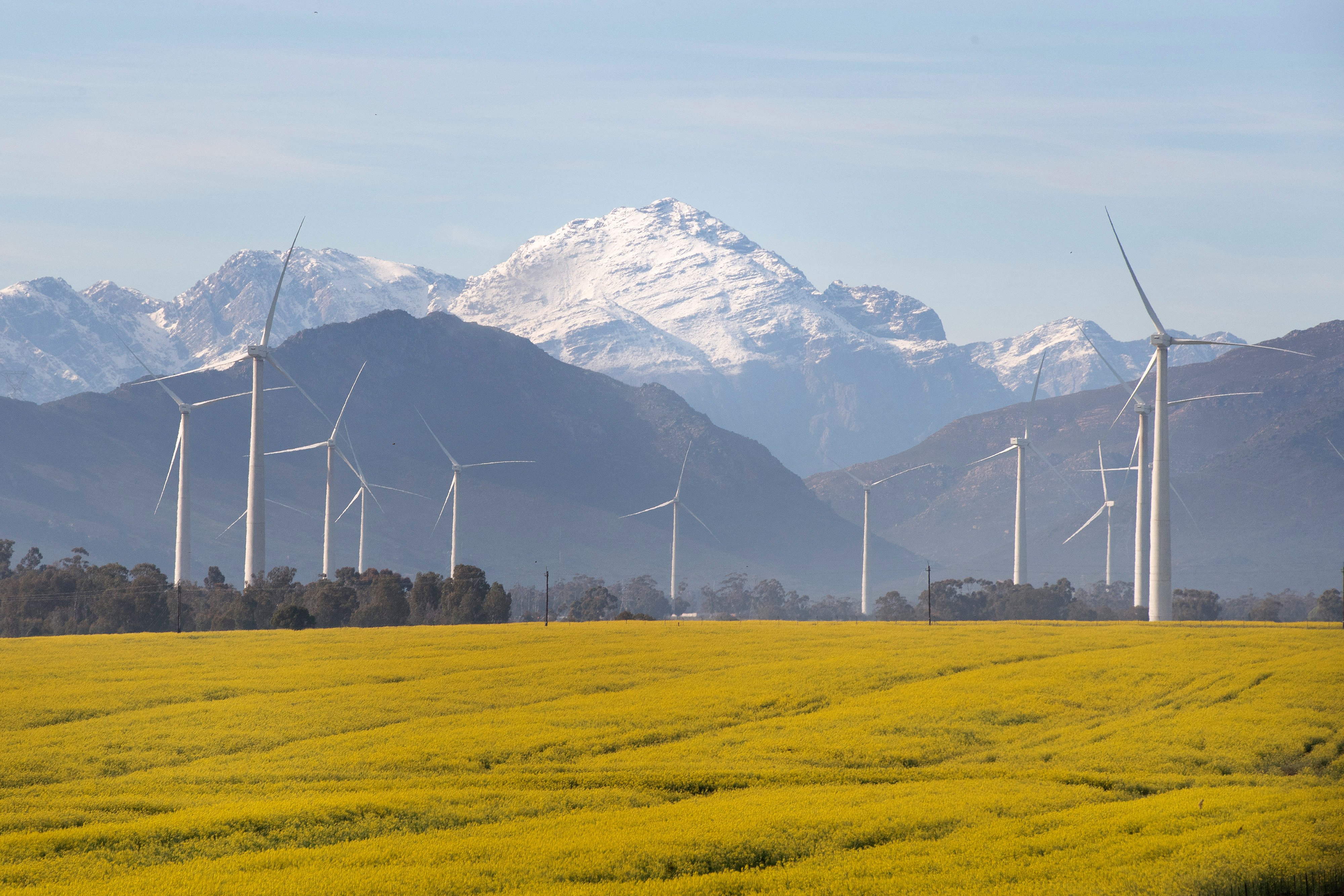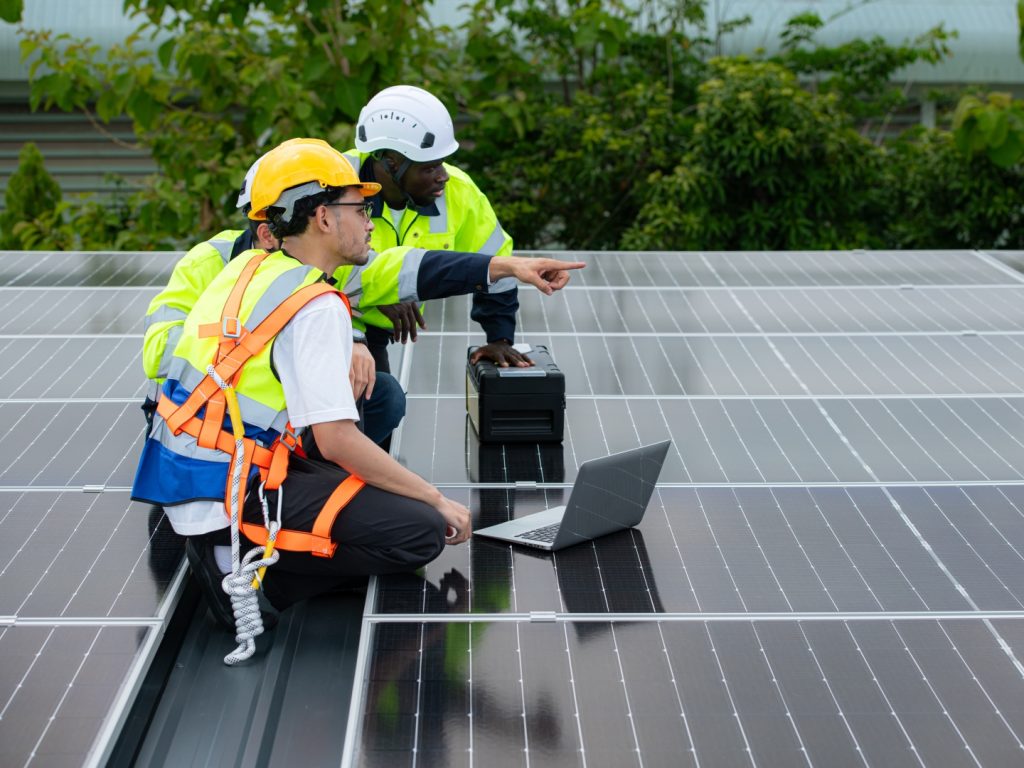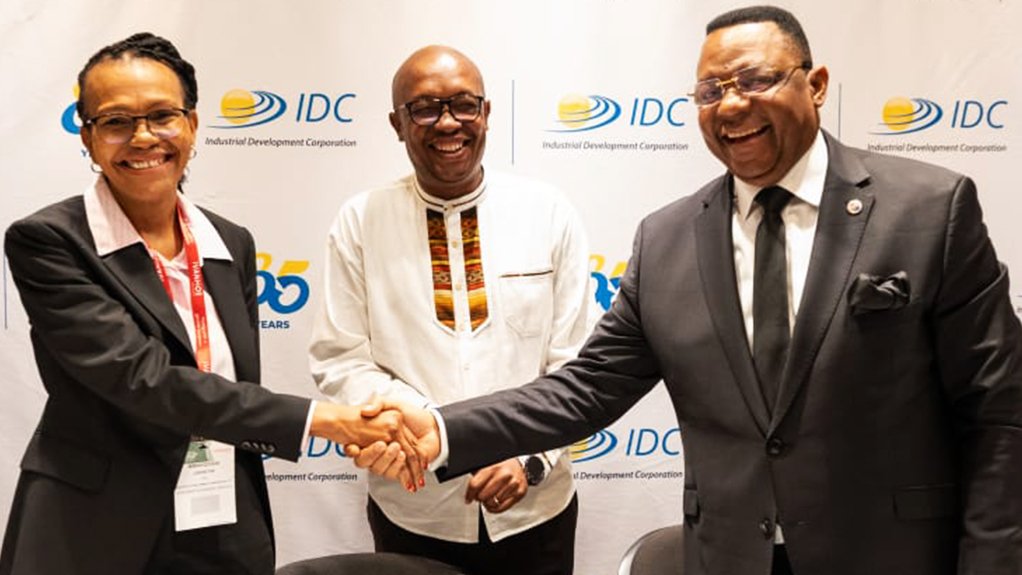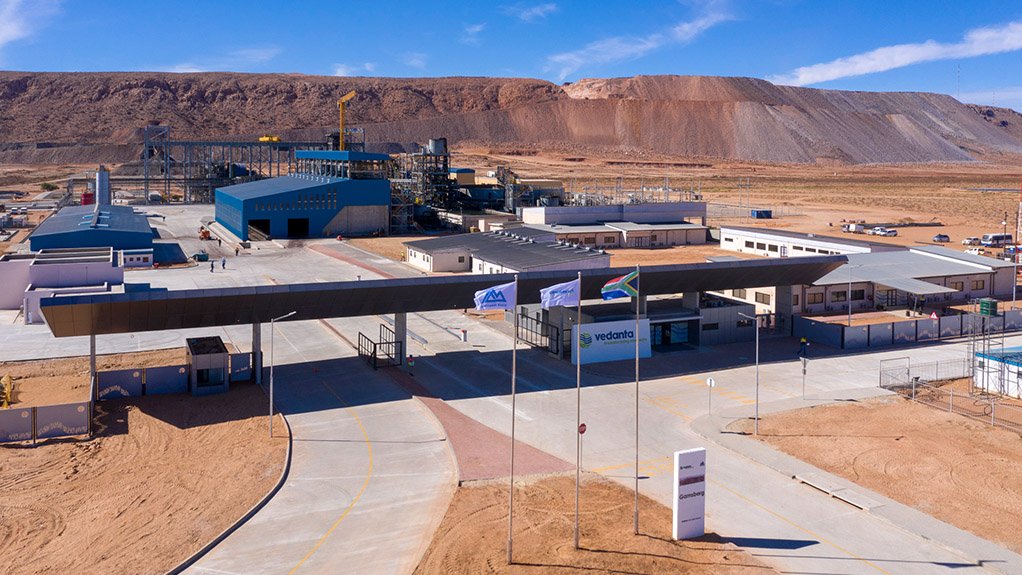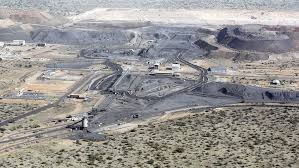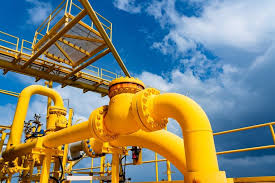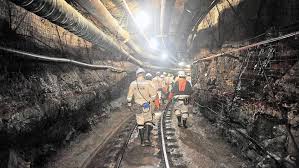Video News / Distribution
Nigeria injects billions into grid to address energy shortages ...
To this end, the country’s Federal Executive Council (FEC) recently approved funding in a bid to stabilise electricity supply and support industrial growth.
The News Agency of Nigeria reported that Minister of Power, Adebayo Adelabu, disclosed the decisions after last Wednesday’s FEC meeting chaired by President Bola Tinubu at the Presidential Villa, Abuja.
Green light for energy infrastructure proposals in Nigeria
Adelabu said four proposals were approved, marking what he called “a new phase” in the government’s power sector transformation agenda.
The first involves the resumption of compensation payments for right-of-way access on key transmission projects. ₦13 billion (around $8.67 million) was approved under the Lagos Industrial Transmission Project, which is backed by a $238m loan from the Japan International Cooperation Agency (JICA).
According to the minister, the scheme will improve electricity supply along the industrial corridors of Lagos and Ogun States, ensuring manufacturers benefit from more reliable power.
“This funding covers compensation to property owners and communities affected by the transmission lines’ route. Once completed, the Lagos Industrial Transmission Project will ensure that our industrial estates have the dedicated, stable power they need to drive economic growth and create jobs,” said Adelabu.
Replacing older energy assets
The project is intended to reinforce the government’s push to “use what we produce and produce what we use” by strengthening domestic industries and reducing reliance on imports.
The remaining three proposals approved by FEC cover the procurement of 14 new high-capacity power transformers to replace ageing infrastructure on the national grid.
Adelabu said the transformers – costing $34m and an additional ₦5.2bn (around $3.47m) include:
- two 150MVA 330/132/33kV units
- five 100MVA 132/33kV units
- five 60MVA 132/33kV units, and
- two 30MVA 132/33kV units.
He noted that much of Nigeria’s transmission infrastructure is more than 50 years old and suffers frequent breakdowns due to overload and wear.
“Many of the transformers, cables and related components are weak and prone to failure,” Adelabu said.
“Regular maintenance and timely replacement are essential if we are to achieve a stable, reliable and effective grid that meets the needs of households, offices, small businesses and industries.”
Government giving assurances
The minister added that the upgrades will ease pressure on overstretched sections of the grid, enhance wheeling capacity and improve overall efficiency.
He assured Nigerians that the new measures will expand electricity access across homes, businesses and industries, calling the development “good news for Nigerians.”
Adelabu reaffirmed the government’s commitment to translating sector reforms into tangible improvements for citizens.
Energy sector in Nigeria plagued by several obstacles
The sector continues to grapple with low generation capacity, high technical and commercial losses, and liquidity shortfalls in 2025. Distribution companies (DisCos) remain financially constrained, with metering gaps and poor collection rates hindering investment and service delivery.
In July, the Nigerian Electricity Regulatory Commission (NERC) revealed that the Federal Government spent ₦1.94 trillion (around $1.27bn) on electricity subsidies in 2024.
This disclosure was made in a NERC report released on 14 July – 2024 Annual Report & Accounts.
Of Reference Nigeria: Nearly 2 trillion Naira spent on electricity subsidies
The report says that the subsidy was necessary to bridge the gap between the actual cost-reflective tariff and the amount paid by consumers.
In the absence of cost-reflective tariffs, the Government undertakes to cover the resultant gap (between the cost-reflective and allowed tariff) in the form of tariff subsidies.
80m+ Nigerians lack a reliable electricity supply
According to the World Bank’s Tracking SDG7: The Energy Progress Report 2025, around 61% of Nigeria‘s population had access to electricity in 2023, leaving a 39% gap, which equates to approximately 86.8 million people without electricity access.
Adelabu stated in early 2025 that about 150 million Nigerians have access to adequate electricity, with 80 million still lacking a reliable supply.



